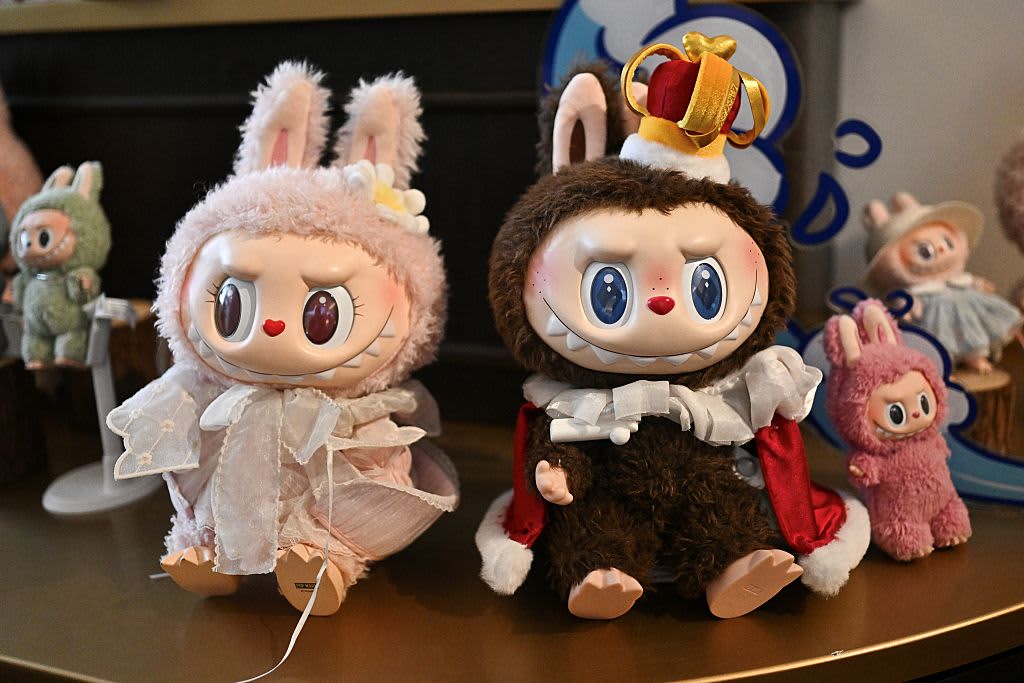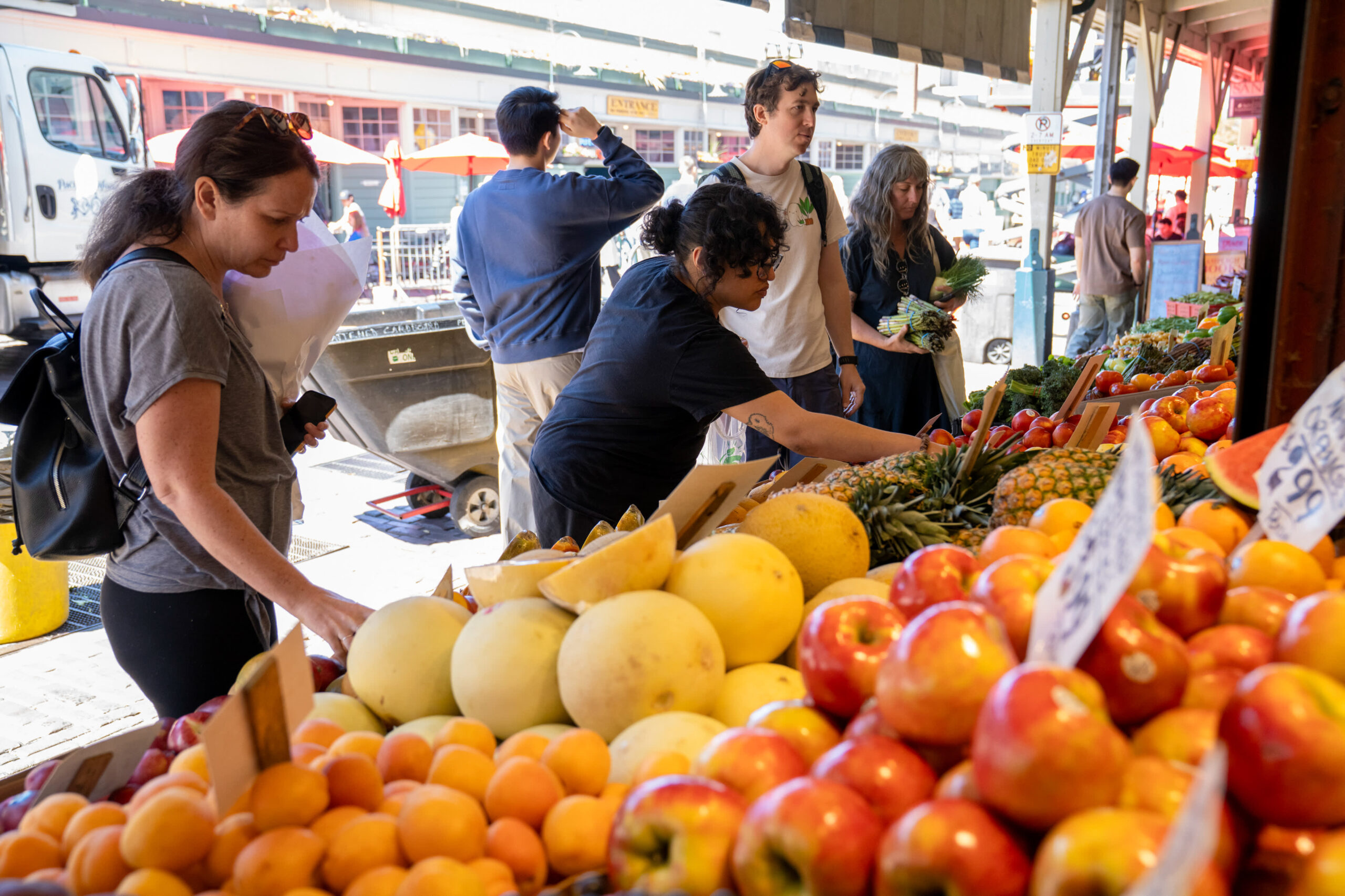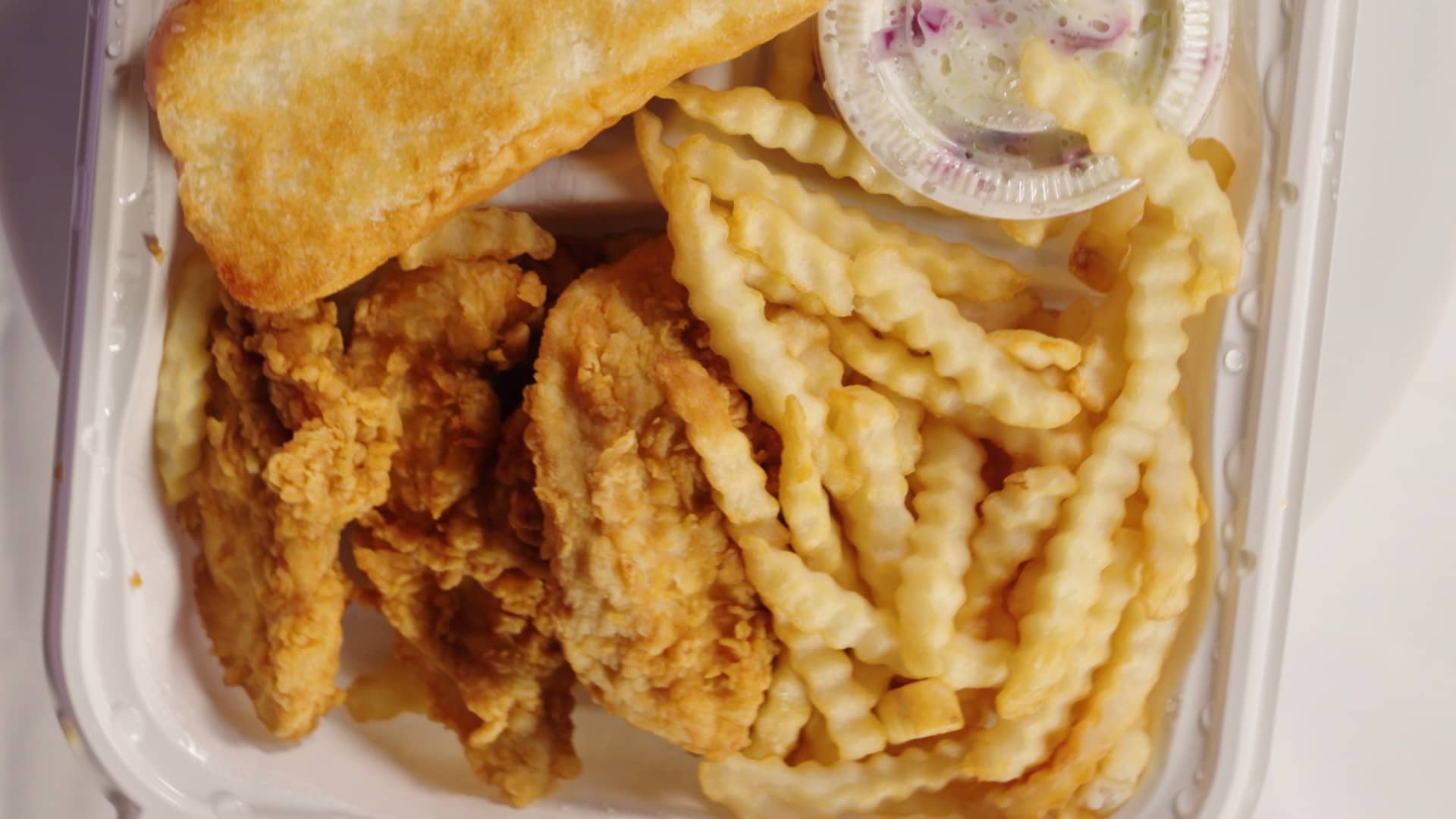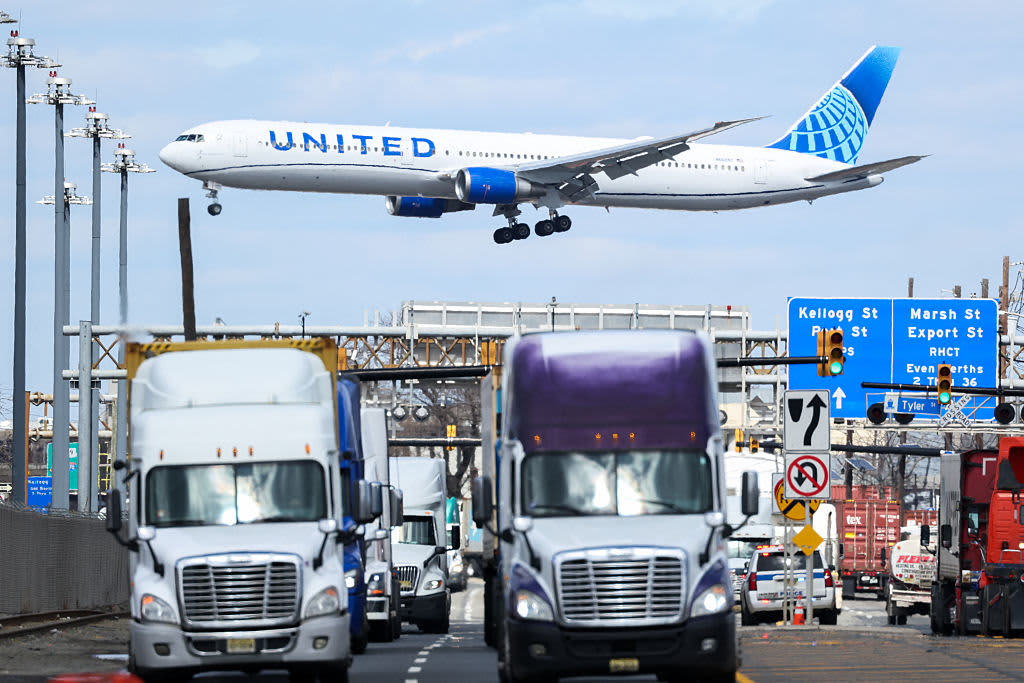
Beijing may have warned against “blind box” toys, but analysts are betting that Pop Mart International — the company behind Labubu dolls — will remain one of China’s hottest consumer brands this year.
In an editorial on June 20, China’s state media People’s Daily called for tighter regulations around selling blind-boxed toys and trading cards to children under the age of eight, such as verifying buyers’ age upon payment and requiring parental approval in online transactions.
Without naming Beijing-headquartered Pop Mart, the paper slammed businesses for enticing young children to spend heavily on “blind cards” and “mystery boxes” — a model central to Pop Mart’s appeal. The company often sells its dolls in a blind box to buyers who don’t know what character is inside until they open it.
Sequentially, Pop Mart’s share price plunged 12.1% for the week ending June 20, marking its steepest fall since late 2023, denting a massive rally that sent its shares over 600% higher over the last 12 months.
Its stock has regained some ground since then, hovering near the all-time high levels hit in mid-June.
The state media commentary on blind-box toys is reminiscent of Beijing’s regulations on video games in recent years, which were aimed at curbing gaming addiction and unsupervised in-game purchases by minors.
That led to restrictions on how long minors can play video games, as part of a sector-wide crackdown that wiped out billions of dollars in value from China’s gaming giants.
“The magnitude of Chinese policymakers’ impact [on businesses] is way higher than that in other countries,” said Alfredo Montufar-Helu, senior advisor for the China Center at The Conference Board, a think tank.
That said, analysts view the fears of regulatory headwinds as overblown as Gen Zers and millennials, rather than young children, are Pop Mart’s main consumer demographic.
Pop Mart will largely be insulated from intensifying regulatory scrutiny as it targets younger adults with adequate purchasing power, Montufar-Helu said.
Local peers that focus on minors, however, will likely be “heavily impacted,” said Jeff Zhang, equity analyst at Morningstar.
There’s another factor that could cushion the regulatory impact on Pop Mart. It’s increasingly driven by overseas sales, especially in Southeast Asia, Zhang said. And the share of its China revenue will fall to about 30% in the next 10 years, he projected. Pop Mart’s overseas sales in 2024 have already surpassed the company’s overall sales in 2021.
Pop Mart derived about 61% of its revenue from mainland China in 2024, according to its annual report, drawing the rest mainly from Southeast Asia and East Asia, as well as Hong Kong, Macau and Taiwan.
Its sales in North America grew more than 550% last year from a year earlier, and the company has 90 physical stores and vending machine spots across the United States.
HSBC Bank expects Pop Mart’s overseas revenue in 2025 to more than double to 14 billion yuan ($1.95 billion) from 2024 on strong sales momentum from “Labubu 3.0,” released in April. This figure would account for more than half of its entire projected revenue this year, up from 39% in 2024.
That just builds on the meteoric growth that the company enjoyed last year, when revenue more than doubled to 13.04 billion yuan, while profits nearly tripled.
Dopamine economy
The rapidly growing popularity of the ugly-cute toys contrasts with otherwise sluggish consumption in the country, as many become increasingly frugal in the face of an economic slowdown.
Younger Chinese consumers want to build toy collections for the sense of “affordable exclusivity” it gives them, said Montufar-Helu, as it can be satisfying to be “one of the lucky ones to get the special edition” at a reasonable price.
Pop Mart sells blind-boxed toys with prices ranging from about 59 yuan to 5,999 yuan. Collectors often spend hundreds or thousands of yuan, and rare models can fetch six-figure sums at secondThe state media commentary on blind-box toys is reminiscent of Beijing’s regulations on video games a few years ago,hand auctions.
“The very point about blind boxes is the unknown, the uncertainty. There is some inherent curiosity about what someone’s gonna get. That brings about a certain degree of excitement when people are buying blind boxes,” said Chris Wong, senior clinical psychologist at Singapore-based Resilienz Clinic.
“When that uncertainty is resolved,” he said, referring to when the blind box is opened, “[that] usually comes with certain pleasant emotions, like fun, surprise and delight. That also plays a part in why people just keep on doing that.”
Seeing others share their own experiences of blind boxes on social media also amplifies such a response from the brain, as it fulfils the human need for social connection, the psychologist said.
Scalpers, counterfeits, production delays
But although the Labubu frenzy shows no sign of slowing, Pop Mart still faces other challenges that may dent its momentum, analysts said.
“While Pop Mart’s major IPs, such as Labubu” have “received some global popularity over the past two years … there is no guarantee that what is popular now will stay relevant over the next five to ten years,” Zhang said.
Other risks include uncertainty around the company’s ability to meet shifting demand and scalping, which could drive genuine consumers out of the market, HSBC analysts said.
Pop Mart issued a rare apology last month after a surge in orders caused delivery delays, with consumers complaining online about not having receiving orders weeks after placing them.
Counterfeit toys may also dampen Pop Mart’s reputation at home and abroad, analysts said, despite the government’s efforts in stepping up scrutiny at export checkpoints.
Customs at the Ningbo port, one of the country’s busiest ports, seized over a million counterfeit Labubu dolls in the first six months of this year, over intellectual property violations and smuggling concerns.
To keep its brand fresh, Pop Mart has taken a page from Disney’s playbook, doubling down on expanding its IP portfolio, launching pop-up stores, a film studio and a theme park.
Pop Mart’s founder Wang Ning once hinted at his aspiration to turn the company into “China’s Disney.”
But those initiatives don’t come cheap.
“Animation production requires a strong storytelling team that can consistently deliver compelling narratives,” said Echo Gong, an independent Shanghai-based retail consumption consultant. She added that managing a theme park also demands an entirely different skillset and far greater investment than simply selling toys.
— CNBC’s Evelyn Cheng contributed to this story.


